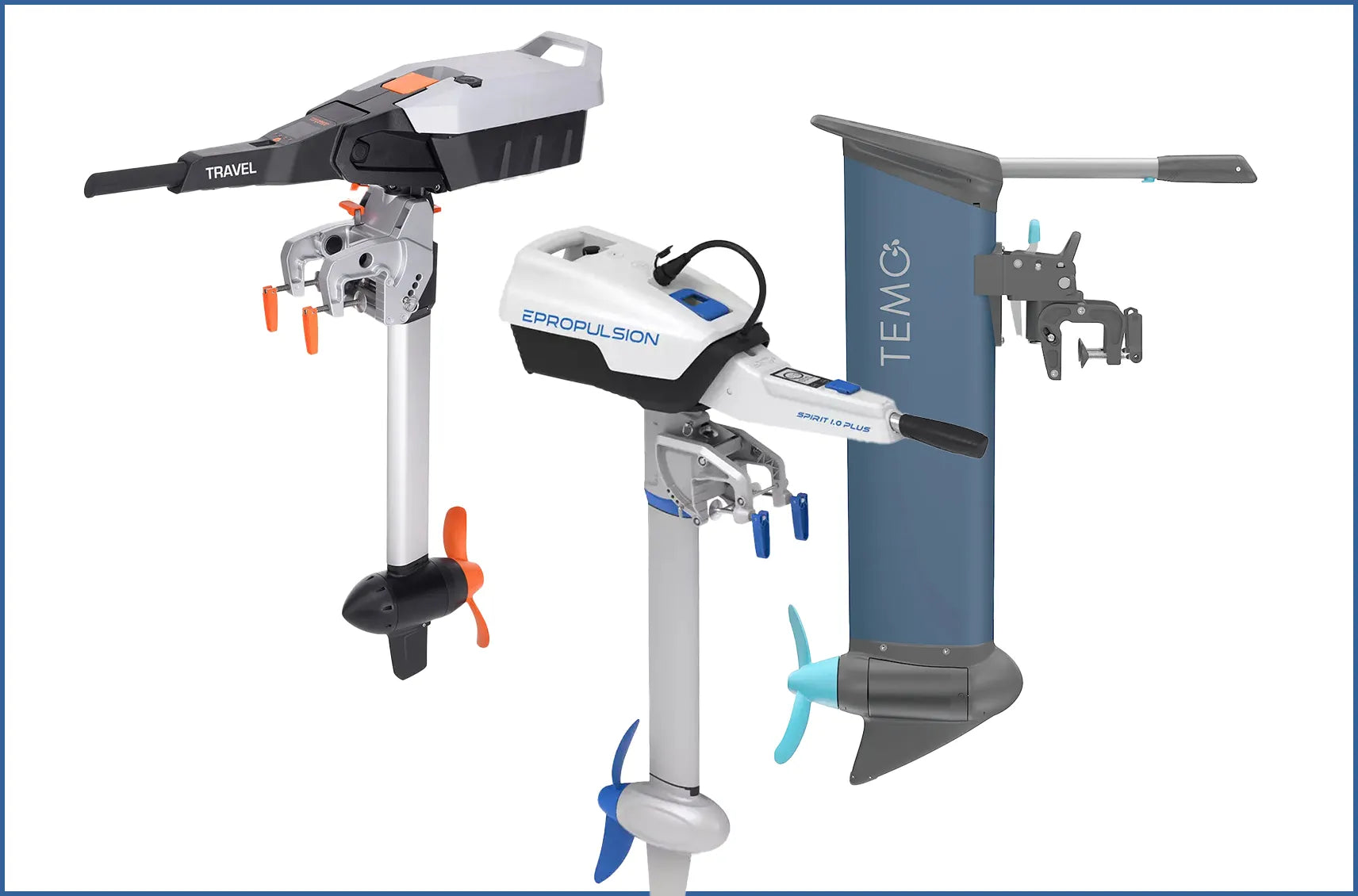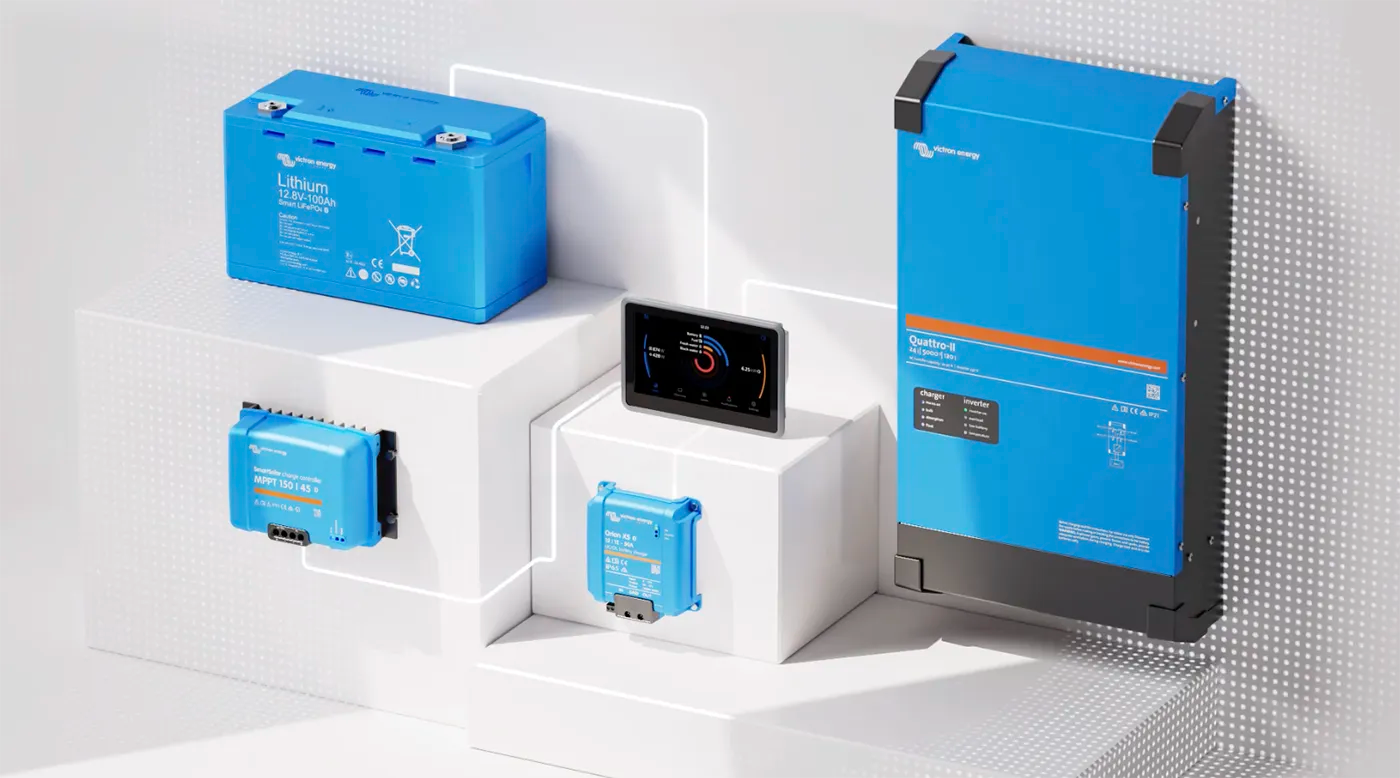Marine Battery Specifications & Ratings: What Do They Mean
When selecting a battery for your vehicle, boat, or off-grid system, you'll encounter various ratings and terms. Understanding these ratings can help you choose the right battery for your needs. Here’s a detailed explanation of the key battery ratings:
Cold Cranking Amps (CCA)
CCA measures a battery's ability to start an engine in cold temperatures. Specifically, it indicates the number of amps a battery can deliver at 0°F (-17.8°C) for 30 seconds while maintaining at least 7.2 volts. A higher CCA rating is essential for vehicles operating in freezing conditions, as it ensures the battery can provide sufficient power to start the engine.
This rating is crucial for winter performance, where low temperatures can severely impact battery efficiency. For vehicles in warmer climates, CCA might be less critical, but it’s still a good measure of the battery’s overall power.
Marine Cranking Amps (MCA)
MCA is similar to CCA but tested at a more moderate temperature of 32°F (0°C). It reflects the battery's ability to start an engine at this temperature, which is relevant for marine environments where temperatures can vary.
MCA provides insight into how well a battery will perform in slightly milder conditions compared to the extreme cold. For boats and marine equipment, a higher MCA rating ensures reliable starting power in cooler but not freezing temperatures. It's particularly useful for assessing battery performance in temperate regions and transitional weather.
Reserve Capacity (RC)
RC measures how long a fully charged battery can provide a specific current, usually 25 amps, before its voltage drops below 10.5 volts. It is expressed in minutes and indicates the battery's ability to sustain power to critical systems if the charging source fails.
A higher RC rating means that the battery can continue to supply power for a longer period, which is vital in situations where maintaining power is crucial. This rating is especially important for marine and RV batteries where unexpected power loss can affect crucial systems. Adequate RC ensures that even in case of alternator failure, there will be enough power to keep essential equipment running.
Amp-Hours (Ah)
Ah measures a battery’s storage capacity, indicating how much current it can supply over a set period. For instance, a 100 Ah battery can deliver 1 amp for 100 hours or 2 amps for 50 hours before being depleted. This rating helps determine the battery's ability to power devices and systems over time.
Higher Ah ratings mean the battery can support more extensive or longer-lasting power needs, which is essential for applications like solar energy storage or RV power systems. Choosing the right Ah rating ensures that your battery meets the energy demands of your setup.
Cycle Life
Cycle Life refers to the number of complete charge and discharge cycles a battery can undergo before its capacity diminishes to a certain level. This rating is crucial for deep-cycle batteries used in applications where frequent recharging is expected, such as solar power systems or RVs. A longer cycle life indicates that the battery will last longer and maintain its performance over time. High cycle life batteries are more cost-effective in the long run as they reduce the need for frequent replacements. It’s essential to consider cycle life when selecting batteries for systems that undergo regular cycling.
Voltage
Voltage indicates the electrical potential of a battery and is crucial for ensuring compatibility with your system. Common battery voltages include 12V, 24V, and 48V, with 12V being standard for most automotive and marine applications. Higher voltage batteries, like 24V or 48V, are used in more demanding setups, such as larger solar power systems or certain industrial applications.
The voltage rating must match the requirements of your equipment to ensure proper functionality and avoid potential damage. Proper voltage selection is key to achieving optimal performance and efficiency in your power system.
At Blue Marine, we offer a range of high-performance lithium-ion batteries that are perfect for your energy needs. With their extended lifespan, fast charging, and lightweight design, our batteries are the perfect solution to keep you going further.



